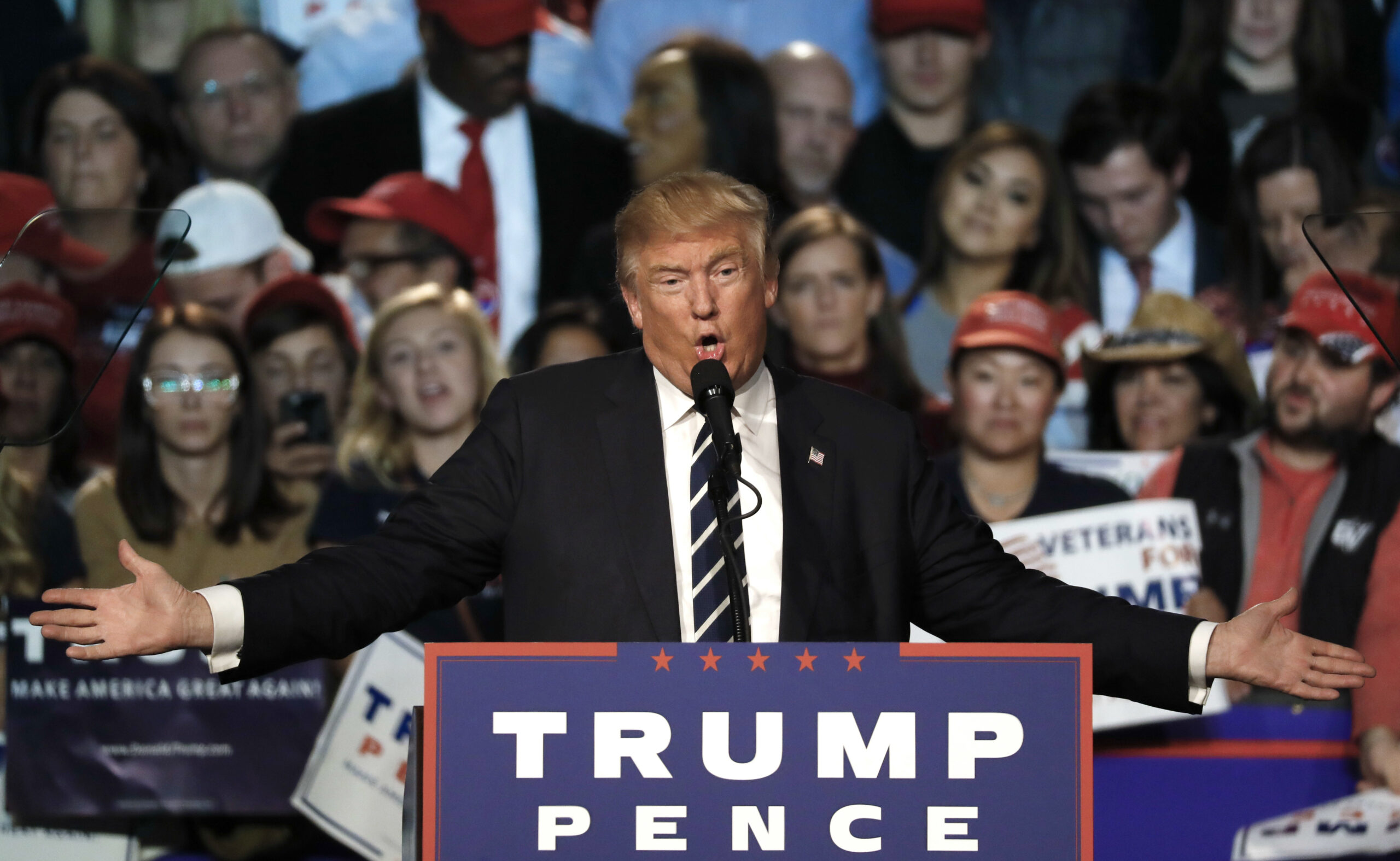This article was originally published on The Conversation.
A stream of commentary has set out to explain the electoral success of Donald Trump as a reaction to globalization and neoliberalism. It points to a thread of populist anti-capitalism running from the President-elect to Bernie Sanders.
To the extent that this is true, however, Trump voters may be in for a surprise. One of the headline reforms of the incoming administration will be the undoing of regulatory responses to the 2008 financial crisis. This is not just inconsistent with pre-election rhetoric, but highly significant for financial markets.
Releasing financial actors from the shackles of regulation may sound appealing for business, but will also increase the risk of another financial crisis. Trump policies are likely to create a more dynamic, but crucially more risk-prone financial system, not only in the United States, but globally.
In particular, he has spoken of dismantling the Dodd-Frank Act, which introduced extensive regulation of the financial industry in the wake of the global financial crisis. This is pleasing the markets, but may lead to the same kind of risk-taking that precipitated the 2008 crisis.
Ending state intervention
The President-elect’s newly-established transition website declares: “The Dodd-Frank economy does not work for working people.” Bureaucratic red tape and Washington mandates, according to Trump, have hindered America’s economic recovery. The new administration promises to dismantle Dodd-Frank and replace it with new policies to encourage economic growth and job creation.
Yet, it was exactly this type of deregulation between the 1980s and the middle of the 2000s that was a principal cause of the crisis. This is why the Dodd-Frank Act included provisions that affected virtually every financial market and granted new authority to nearly every federal financial regulation agency in the United States.
It was designed to prevent excessive risk-taking by companies and investors. It introduced greater regulation of Wall Street and increased the government’s power to intervene in the event of a repeat crisis.
It also created a consumer watchdog to oversee the sale and marketing of financial services to consumers, such as the mortgage companies and pay-day lenders that profited prior to the crisis. This was the idea of liberal Democratic Sen. Elizabeth Warren and has been singled out as a source of wrath for Republicans as it is emblematic of state intervention in financial markets.
On the chopping block
Scant detail of what Dodd-Frank will be replaced with is available at the moment. Some indication comes from Republican Party proposals to undermine post-crisis regulation, which culminated in a bill introduced by House Financial Services Committee Chairman Jeb Hensarling earlier this year.
The Hensarling plan would place heightened restrictions on financial regulators trying to write new rules, and give large financial institutions a way to ease their regulatory burden. Such institutions would be given the option to opt out of some government oversight if they agree to hold on to larger amounts of capital.
Huge portions of Dodd-Frank are up for elimination including the “orderly liquidation authority” through which regulators can shut down ailing banks. Perhaps more emblematically, the “Volcker Rule,” which bars banks from engaging in profit-seeking activity known as proprietary trading, would also be repealed. And Congress could also cripple the new consumer watchdog by taking control of both its budget and management. It may also lose the ability to ban financial products it deems to be “abusive”, and its ability to gather consumer financial data.
Expecting the unexpected
Isn’t an attack on government agencies and “bureaucracy” part and parcel of a Republican administration? Perhaps. But during the long electoral campaign many unexpected things happened in this new populist phase of American politics.
For example the Republicans joined forces with the left of the Democrats in asking for the restoration of the Glass-Steagall Act. This was one of the most important legislative responses to the failures that led to the Great Depression, particularly in the banking sector. The act’s backers were convinced that the banks had played a significant role in promoting unsustainable booms in the real estate and securities markets during the 1920s.
Glass-Steagall prevented commercial banks from making unsound loans and investments that can lead to a housing market bubble. It also discouraged banks from making investments in securities that undermine their solvency during stock market downturns and stopped them from making loans to finance the purchase of securities.
It takes a few intellectual leaps to go from advocating the return of 1930s regulation to dismantling post-2008 crisis responses. Yet this is the direction that Trump’s team appears to have taken.
The markets, unsurprisingly, have reacted well. This should leave nobody wondering. With regulations up for the chop, banks reduce their compliance costs and can increase profit margins. The financial industry had a look at the first pronouncements of America’s new rulers, and liked what it saw.
![]() Ioannis Glinavos is a senior lecturer of law at the University of Westminster.
Ioannis Glinavos is a senior lecturer of law at the University of Westminster.


